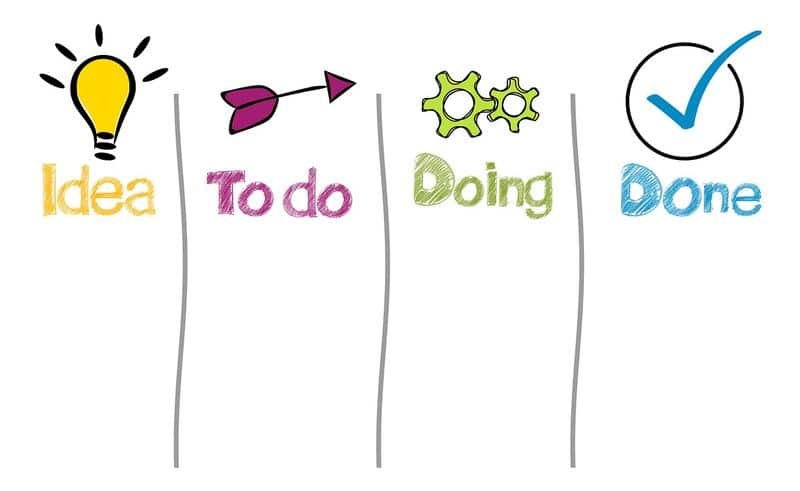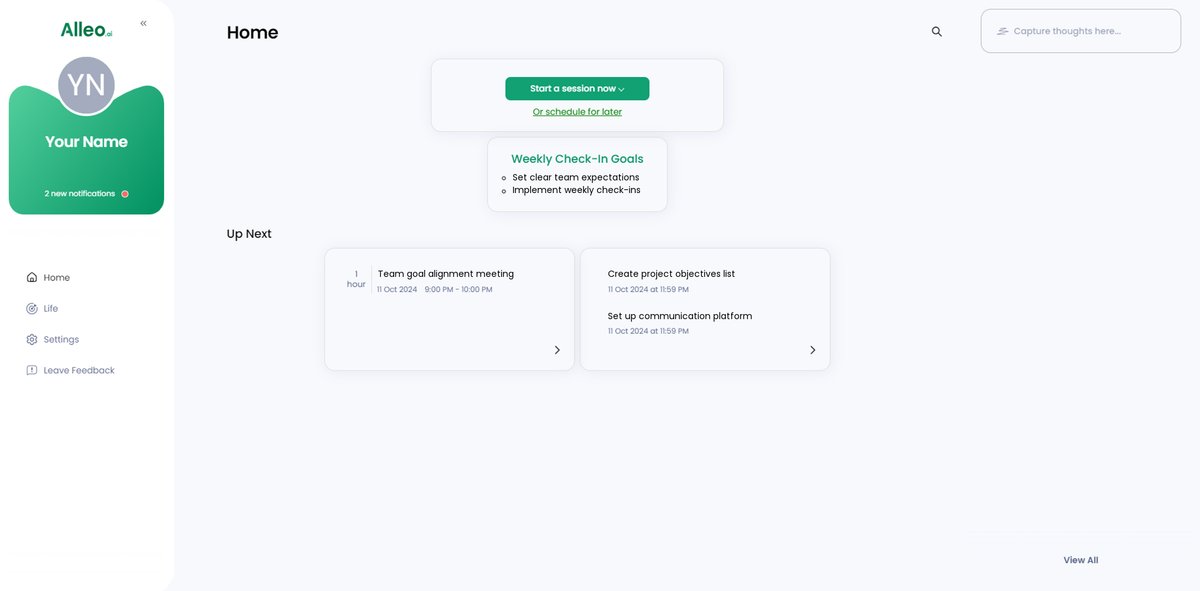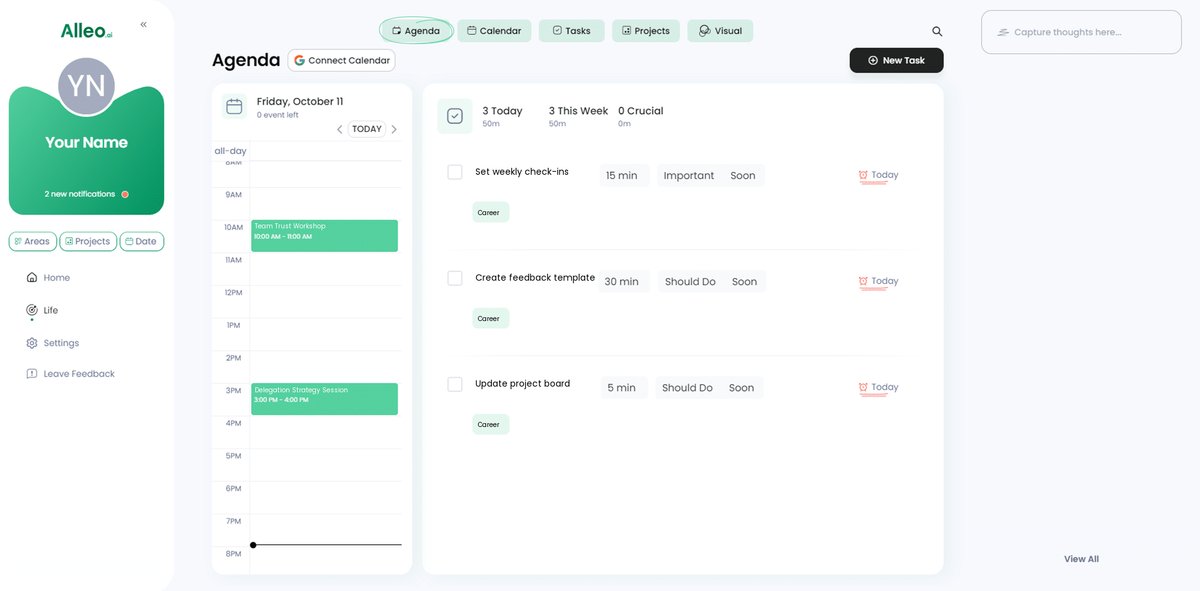How to Trust Employees Without Micromanaging: The Ultimate Guide for New Tech Managers
Are you a new tech manager struggling to balance trust and oversight when it comes to trusting employees without micromanaging?
As a life coach, I’ve helped many professionals navigate these challenges. In my experience, new managers often find it tough to delegate tasks effectively and develop their delegation skills.
In this article, you’ll discover practical strategies to trust your team without micromanaging. We’ll cover clear expectations, regular check-ins, and open communication to enhance employee autonomy and leadership trust.
Let’s dive in to explore effective management styles and team empowerment techniques.
The Delegation Dilemma: Trust vs. Control
Transitioning to a managerial role often brings the challenge of balancing trust and control. Many tech managers struggle with delegation skills, fearing tasks won’t meet standards without their constant oversight, making trusting employees without micromanaging difficult.
This can lead to micromanagement, which negatively impacts employee autonomy and productivity.
In my experience, several clients initially find it difficult to let go of control. They worry about deadlines and quality, often overlooking effective communication and team empowerment.
This fear is understandable but counterproductive.
When you micromanage, it stifles creativity and growth. Employees feel undervalued and disengaged, hampering leadership trust.
This isn’t just a minor issue; it can severely affect team dynamics and overall performance metrics.
Instead, focus on building trust and empowering your team. This approach fosters a positive work environment and drives better outcomes, emphasizing the importance of trusting employees without micromanaging.
Key Steps to Trust Your Team Without Micromanaging
Overcoming this challenge of trusting employees without micromanaging requires a few key steps. Here are the main areas to focus on to make progress in leadership trust and team empowerment:
- Set Clear Expectations and Goals Upfront: Define measurable objectives and align team goals using effective goal-setting strategies.
- Implement Regular Check-Ins: Schedule consistent meetings to discuss progress and address issues, balancing productivity monitoring with employee autonomy.
- Provide Constructive Feedback and Recognition: Offer timely feedback and celebrate achievements using effective feedback techniques.
- Encourage Open Communication: Use platforms like Slack for easy idea sharing and fostering effective communication within the team.
- Delegate Tasks Based on Strengths: Match tasks with team members’ skills and provide autonomy, enhancing delegation skills and management styles.
Let’s dive in to explore how trusting employees without micromanaging can boost performance metrics!
1: Set clear expectations and goals upfront
Setting clear expectations and goals upfront is crucial for trusting employees without micromanaging as a new tech manager.
Actionable Steps:
- Define Specific Objectives: Create clear and measurable goals for each project. This ensures everyone knows what success looks like and promotes employee autonomy.
- Align Individual Goals: Hold one-on-one meetings to align team members’ goals with the overall team and company objectives, fostering leadership trust.
- Utilize Project Management Tools: Use tools like Trello or Asana to track progress and deadlines, keeping everyone on the same page and enhancing delegation skills.
Explanation:
These steps are vital because they provide a clear direction and reduce ambiguity. When expectations are clear, team members can work more independently and confidently, supporting effective communication and team empowerment.
For instance, using project management tools like Trello helps in keeping track of tasks and deadlines, fostering a sense of accountability and autonomy among employees without micromanaging.
Key benefits of setting clear expectations:
- Reduces misunderstandings and conflicts
- Increases team productivity and efficiency
- Enhances employee satisfaction and engagement
By setting clear expectations and goals upfront, you lay a strong foundation for successful delegation and trust within your team, promoting effective goal-setting strategies and balanced management styles.

2: Implement regular check-ins instead of constant oversight
Regular check-ins help maintain oversight without stifling your team’s autonomy, a key aspect of trusting employees without micromanaging.
Actionable Steps:
- Schedule Weekly Check-Ins: Arrange short, focused meetings weekly to discuss progress and address any issues, promoting effective communication and team empowerment.
- Create a Check-In Template: Develop a consistent format for these meetings to cover all necessary topics efficiently, including performance metrics and goal-setting strategies.
- Set Automated Reminders: Use calendar tools to remind both you and your team about these check-ins, supporting delegation skills and productivity monitoring.
Explanation:
These steps are crucial because they provide structure and predictability, which are key to effective management and trusting employees without micromanaging.
Regular check-ins ensure continuous communication and help address concerns promptly, enhancing leadership trust and employee autonomy.
As noted in this article, maintaining some level of involvement without micromanaging can significantly improve team performance.
This approach keeps the team informed and aligned, fostering trust and reducing the need for constant oversight, a cornerstone of effective management styles.
This strategy sets the stage for more constructive feedback and recognition in the next section, further supporting the goal of trusting employees without micromanaging.

3: Provide constructive feedback and recognition
Providing constructive feedback and recognition is vital for maintaining trust and morale within your team, especially when trusting employees without micromanaging.
Actionable Steps:
- Give Timely Feedback: Offer feedback immediately after observing performance, whether it’s positive or constructive, to enhance employee autonomy.
- Recognize Achievements Publicly: Celebrate successes during team meetings or through company communication channels, demonstrating leadership trust.
- Implement a Feedback Loop: Encourage employees to provide feedback on management styles to foster mutual improvement and team empowerment.
Explanation:
These steps matter because timely feedback and public recognition boost morale and reinforce desired behaviors, supporting effective communication and delegation skills.
According to Heartcount, recognition significantly impacts employee engagement and productivity, which is crucial when trusting employees without micromanaging.
By implementing a feedback loop, you create a culture of continuous improvement and mutual trust, enhancing performance metrics and goal-setting strategies.
Next, let’s explore how to encourage open communication and idea sharing.

4: Encourage open communication and idea sharing
Encouraging open communication and idea sharing is essential for fostering a collaborative and innovative team environment, which is crucial when trusting employees without micromanaging.
Actionable Steps:
- Establish Communication Platforms: Use tools like Slack or Microsoft Teams to facilitate seamless and open communication among team members, promoting employee autonomy.
- Host Regular Brainstorming Sessions: Schedule routine sessions where employees can pitch ideas and solutions in a supportive environment, enhancing leadership trust.
- Create a Safe Space: Ensure everyone feels comfortable sharing their thoughts without fear of retribution or criticism, demonstrating effective communication and team empowerment.
Explanation:
These steps are vital because they promote a culture of trust and collaboration. Open communication channels and brainstorming sessions encourage innovation and team cohesion, supporting the goal of trusting employees without micromanaging.
According to this article, fostering open communication significantly improves team engagement and performance. By creating a safe space, you empower your team to contribute their best ideas and feel valued, which is key to developing delegation skills.
Benefits of open communication in the workplace:
- Fosters innovation and creative problem-solving
- Builds stronger team relationships and trust
- Improves overall workplace satisfaction and supports performance metrics
Encouraging open communication lays the groundwork for effective task delegation, which we will discuss next.

5: Delegate tasks based on individual strengths
Delegating tasks based on individual strengths is crucial for maximizing team efficiency and job satisfaction, while trusting employees without micromanaging.
Actionable Steps:
- Conduct Skills Assessments: Identify each team member’s strengths and areas for development to match tasks appropriately, enhancing employee autonomy.
- Assign Tasks Strategically: Delegate responsibilities that align with individual strengths to enhance performance and satisfaction, demonstrating leadership trust.
- Provide Autonomy with Accountability: Allow team members to execute tasks their way, while clearly defining accountability measures and performance metrics.
Explanation:
These steps matter because they leverage each team member’s unique skills, fostering a sense of ownership and trust, key elements in trusting employees without micromanaging.
According to Harvard Business Review, effective delegation is crucial for new managers to prevent micromanagement and empower their teams. This approach not only boosts morale but also improves overall productivity.
Key outcomes of effective delegation:
- Increased employee engagement and job satisfaction
- Enhanced team performance and productivity through team empowerment
- Improved leadership development for future growth and refined management styles
By focusing on individual strengths and trusting employees without micromanaging, you create a more dynamic and capable team, ready to tackle any challenge.

Partner with Alleo to Build Trust and Delegate Effectively
We’ve discussed the challenges of trusting employees without micromanaging. Now, learn how Alleo can simplify this journey towards employee autonomy and leadership trust.
With Alleo, setting up an account is easy. Create a personalized plan, and get tailored coaching to enhance your delegation skills and improve effective communication within your team.
Alleo’s AI coach provides full coaching sessions, just like a human coach. You’ll receive follow-ups on your progress and accountability through text and push notifications, helping you refine your management styles and team empowerment strategies.
Ready to get started for free?
Let me show you how!
Step 1: Log In or Create Your Alleo Account
To begin your journey towards better team management, log in to your existing Alleo account or create a new one in just a few clicks.

Step 2: Choose “Building better habits and routines”
Select “Building better habits and routines” to develop consistent practices that will help you delegate effectively and trust your team without micromanaging, addressing the key challenges discussed in the article.

Step 3: Select “Career” as Your Focus Area
Choose “Career” as your focus area to address challenges in delegating tasks and building trust with your team, aligning perfectly with your goals as a new tech manager seeking to balance oversight and autonomy.

Step 4: Starting a coaching session
Begin your AI coaching journey with an intake session to establish your personalized delegation and trust-building plan, aligning with the strategies discussed in the article.

Step 5: Viewing and Managing Goals After the Session
After your coaching session, find the goals you discussed displayed on the app’s home page, allowing you to easily track and manage your progress towards effective delegation and team trust.

Step 6: Adding events to your calendar or app
Use Alleo’s calendar and task features to schedule check-ins, feedback sessions, and team meetings, helping you track progress on delegation and trust-building goals while keeping your management approach organized and consistent.

Empower Your Team and Watch Them Thrive
Implementing these strategies for trusting employees without micromanaging can transform your management style and boost your team’s morale.
Balancing trust and oversight isn’t easy, but it’s possible with clear expectations, regular check-ins, and effective communication to promote employee autonomy.
Delegating tasks based on strengths empowers your team, enhances productivity, and demonstrates leadership trust.
Remember, you don’t have to do this alone. Alleo can help you set goals, schedule check-ins, and provide feedback, supporting your delegation skills and team empowerment efforts.
Try Alleo for free today and start building a more effective management approach that balances trusting employees without micromanaging.
Empower your team and watch them thrive through improved management styles and performance metrics.
You’ve got this!